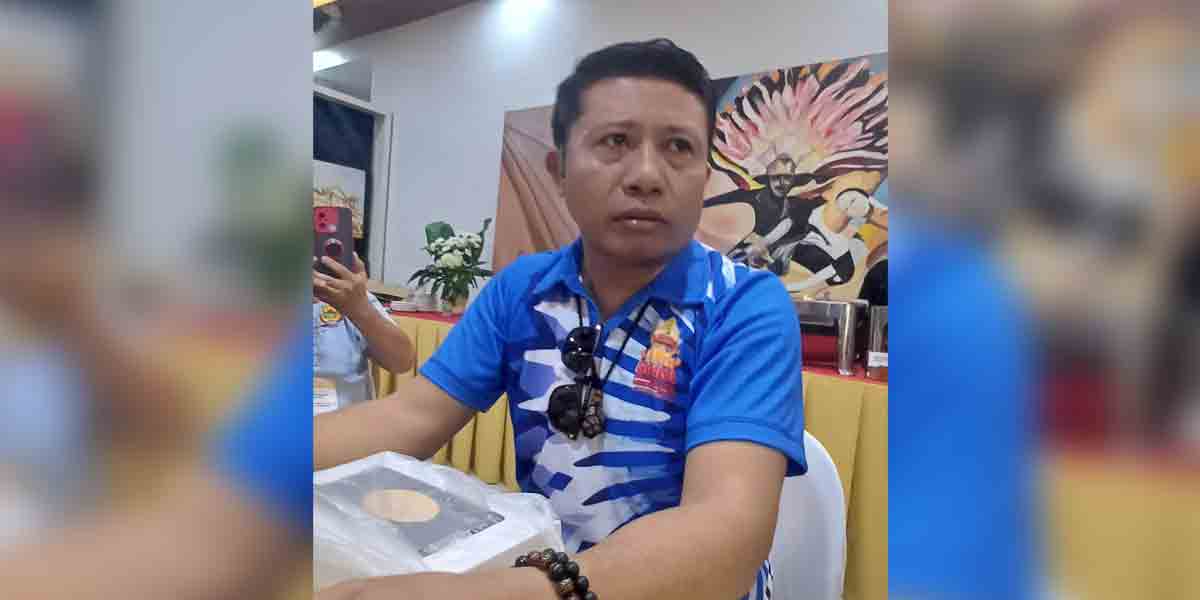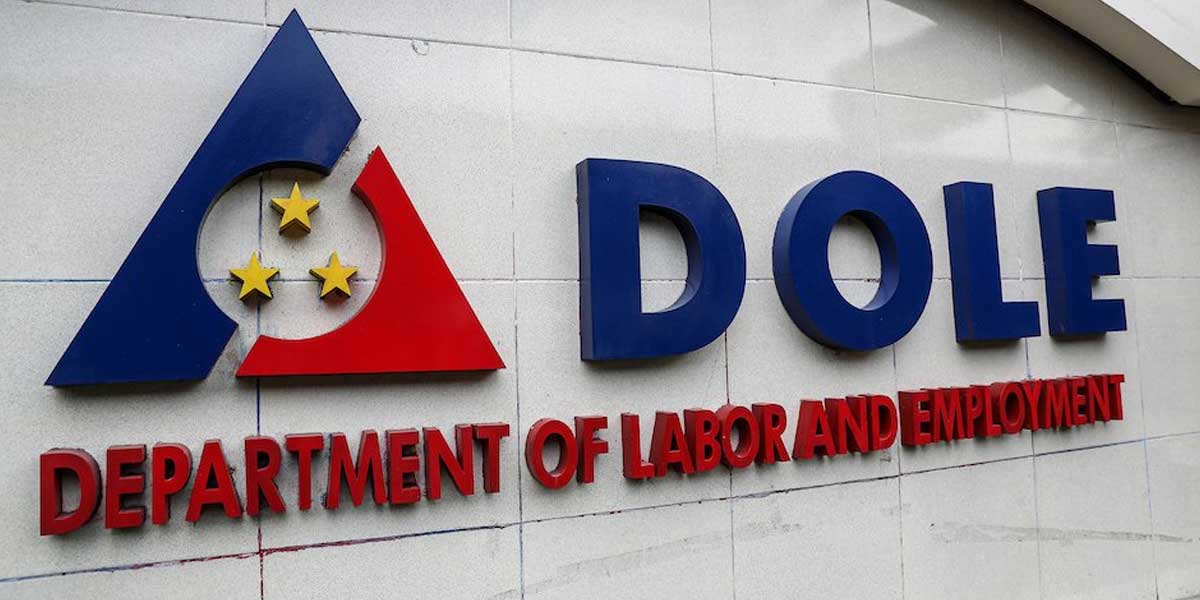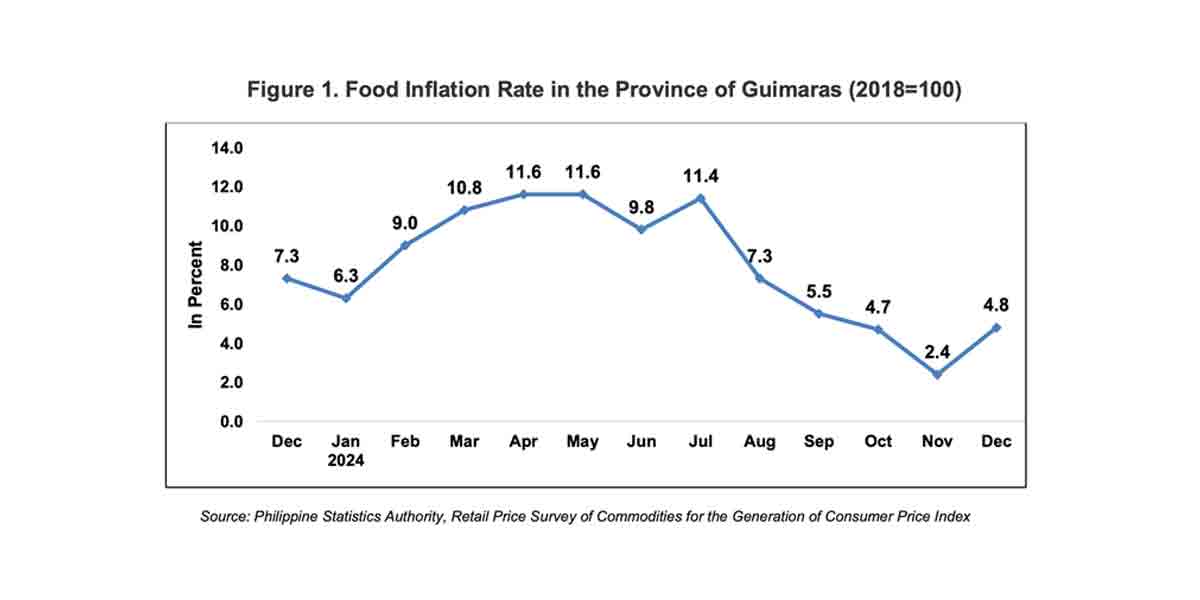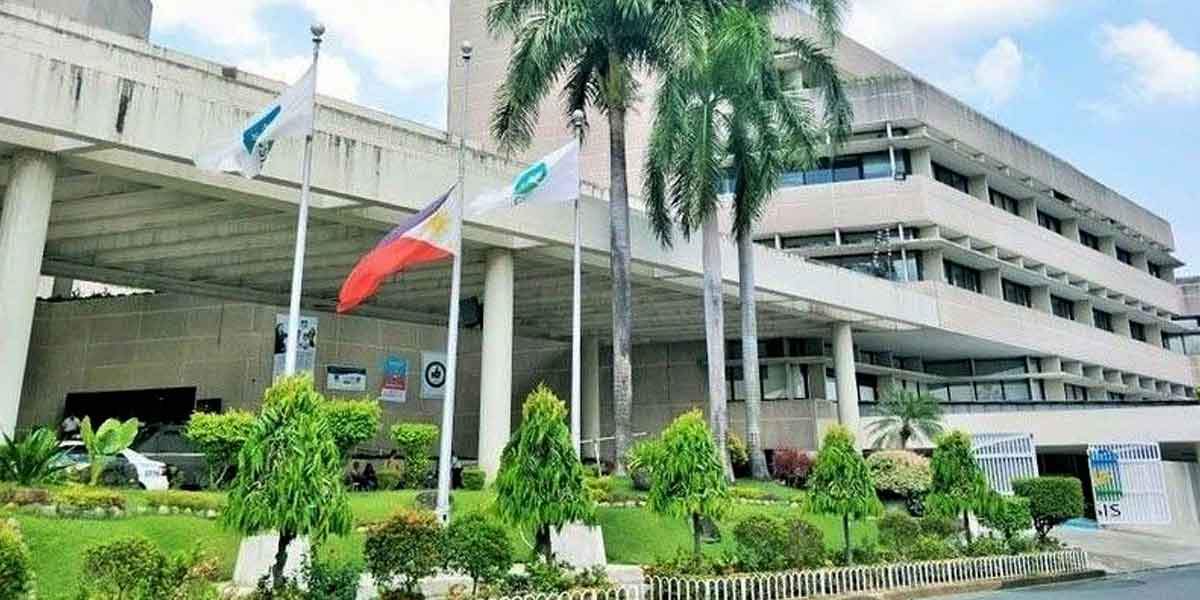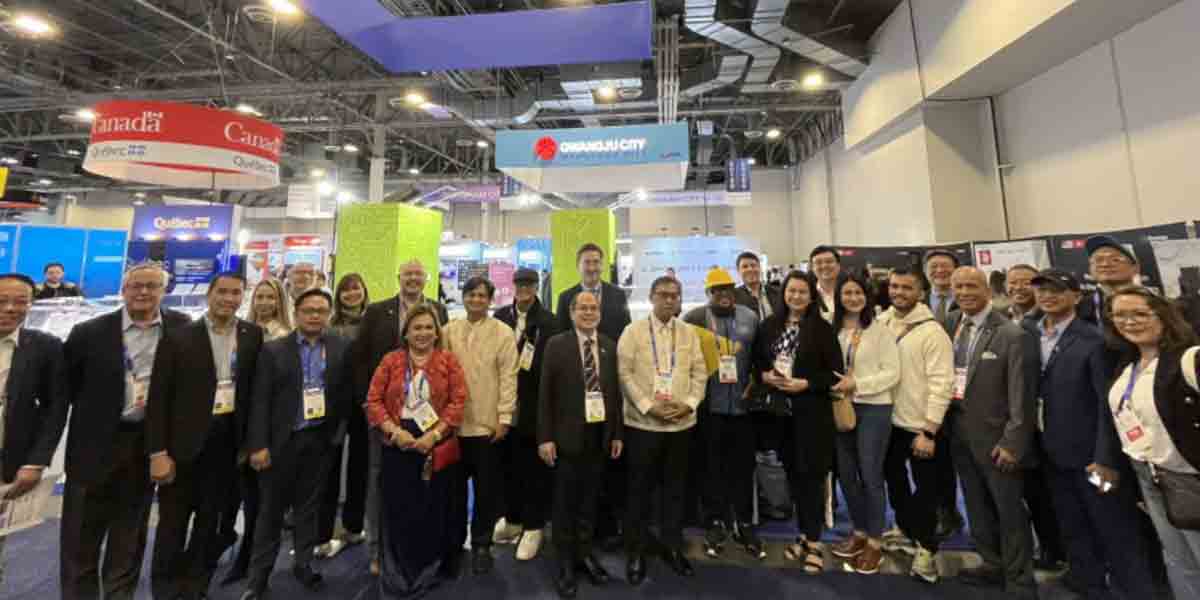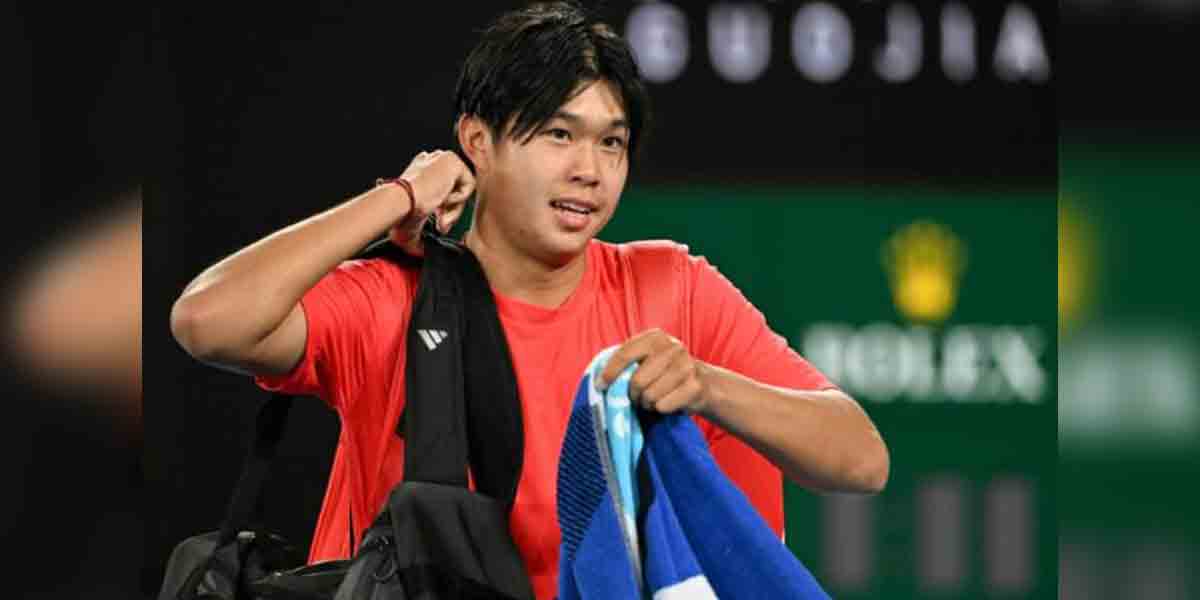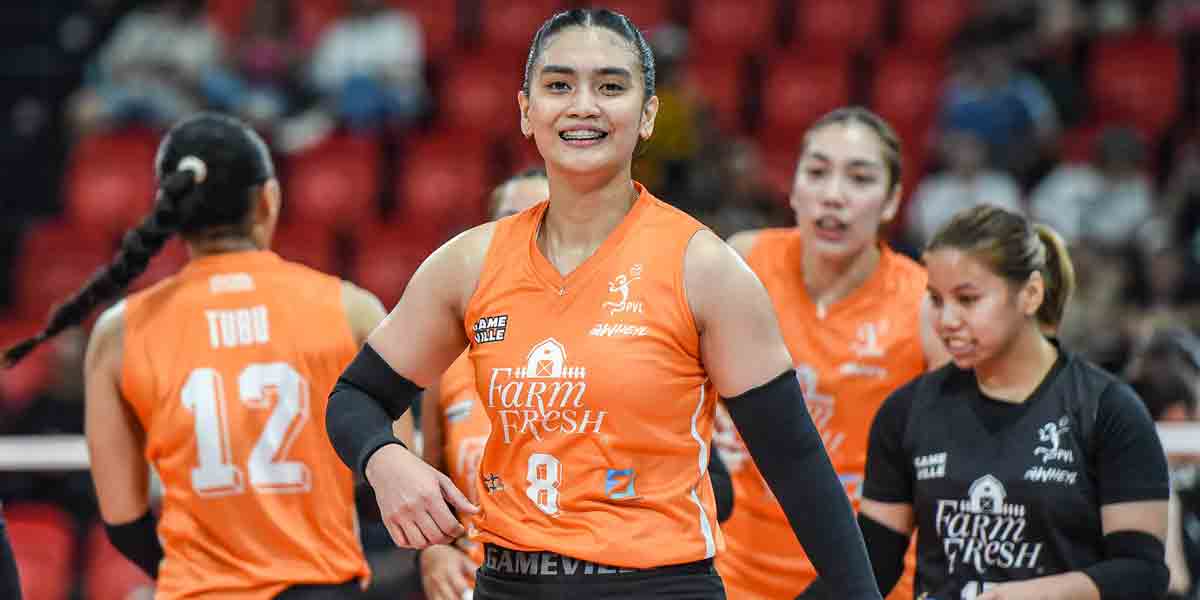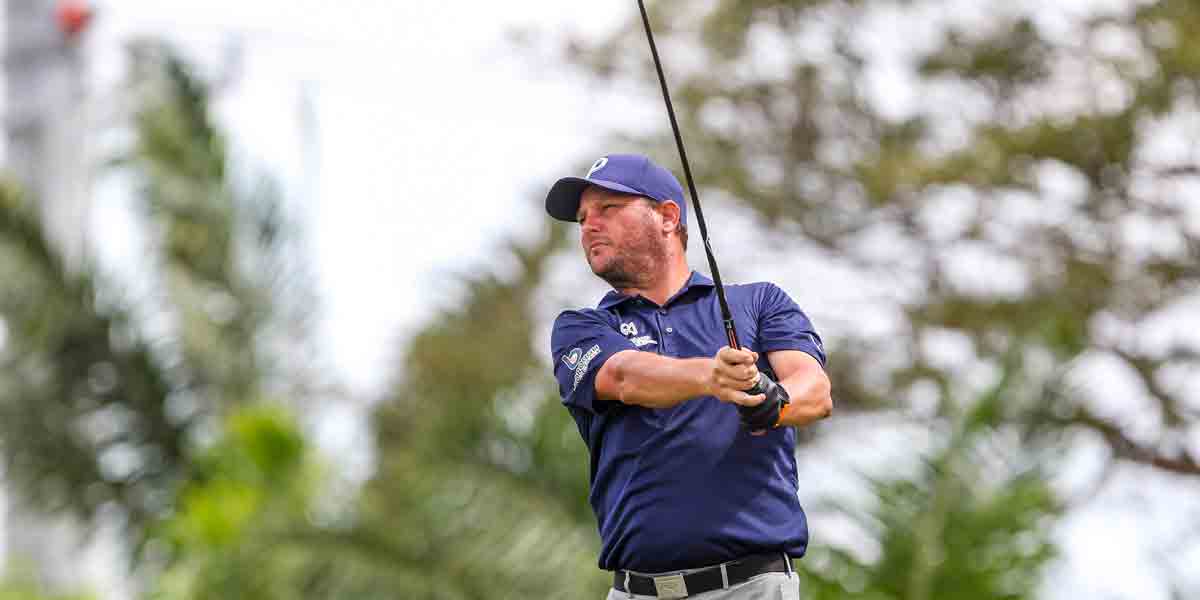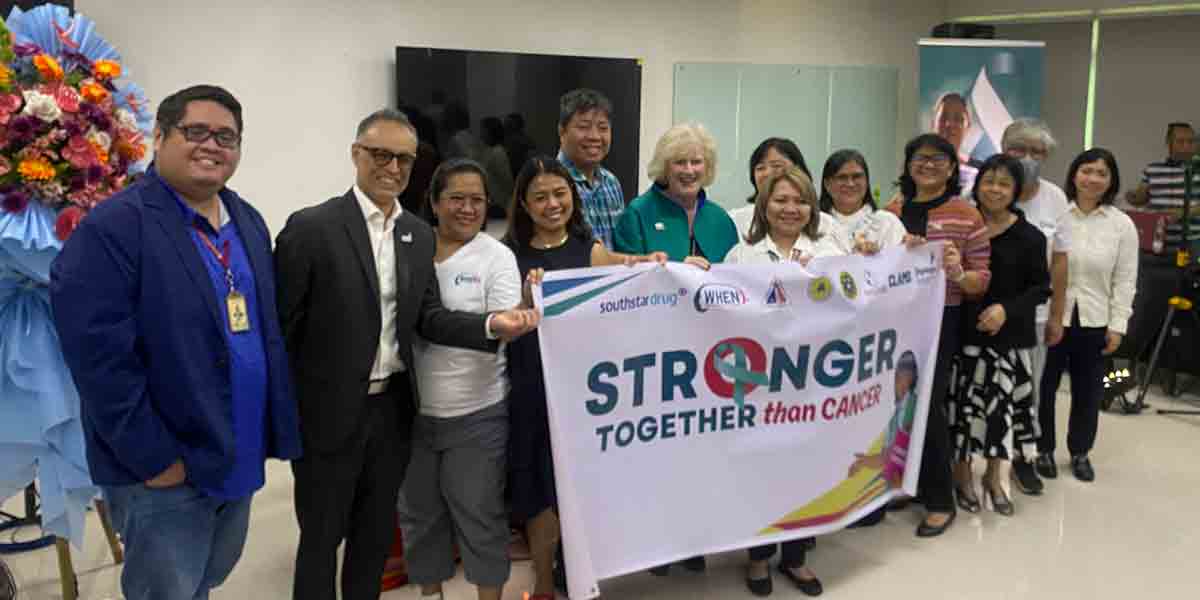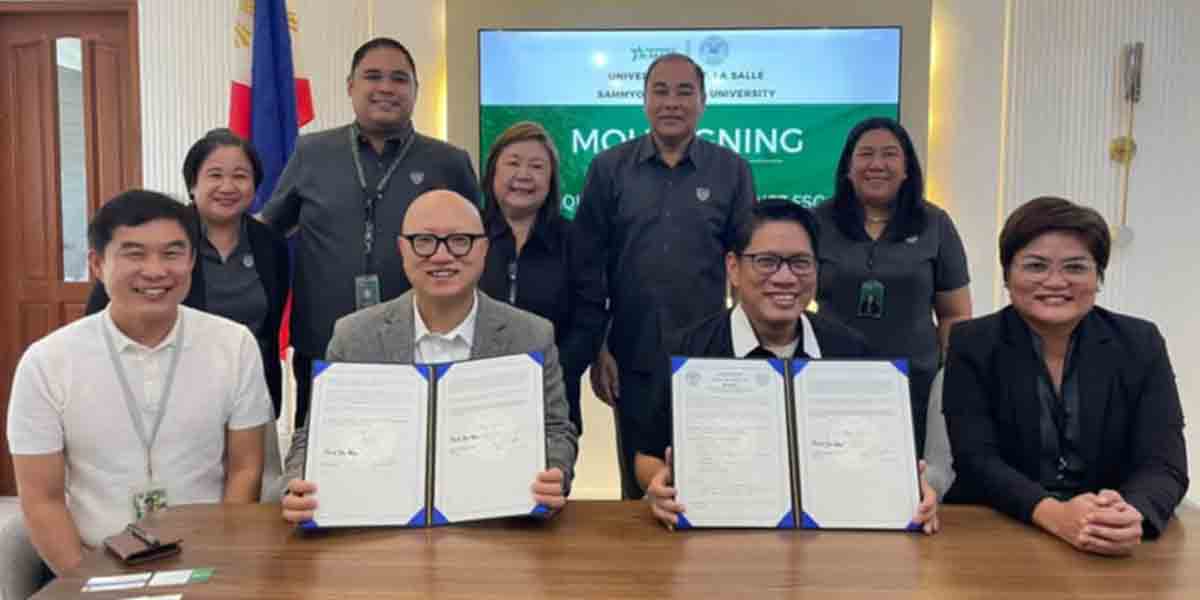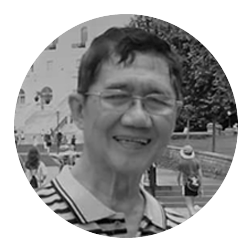 By Herbert Vego
By Herbert Vego
YESTERDAY’S news on President Rodrigo Duterte having received his first dose of China-made Sinopharm vaccine Monday (May 3), according to Sen. Christopher Go, who still doubles as his aide, would “encourage reluctant Filipinos to get inoculated and help stop the spread of the virus.”
“I feel good and I have been expecting this shot a long time ago,” he said while getting the jab from Health Secretary Francisco Duque.
If that statement has raised eyebrows, could it be because his close-in guards at the Presidential Security Group (PSG) had undergone that “long ago” in September 2020 yet?
Sinopharm’s emergency use application in the Philippines is still pending, but the Food and Drugs Administration (FDA) has approved its selective “compassionate use”.
Eight months have passed from September last year to May this year. If it has done no harm to the guards, it must be equally safe to the guarded!
I can’t help but compare Duterte to Brazil’s President Jair Bolsonaro, who has refused to be vaccinated despite the fact that his country of more than 212 million people has lost 407,639 lives to Covid-19.
Bolsonaro himself tested positive for the virus and was hospitalized in July 2020. He recovered after three weeks. What could be a better proof of a strong natural resistance than that?
He told the local and foreign news agencies, “Some people say I’m giving a bad example. But having already caught the virus, I have the antibodies. So why get vaccinated?”
The Brazilian Supreme Court has ruled that the Brazilians may receive the shot but could not be forced to do so.
The Brazilian government, nevertheless, has lined up the China-made Sinovac and the US-made Pfizer for voluntary inoculation.
Brazil’s health regulatory agency, the Anvisa, initially reported that China’s Sinovac had turned out only 50.4% effective in clinical trials.
The Anvisa was also responsible for the government’s recent decision to ban the importation of Russia’s Sputnik V vaccine due to the “questionable integrity” of its manufacturer, Gamaleya Institute, which lacks experience in vaccine production.
It was a case of reneging on a verbal agreement. Weeks earlier, President Bolsonaro had spoken with Russian President Vladimir Putin by telephone about buying and domestically manufacturing the Sputnik V.
This writer agrees with the Brazilian agency. Assuming without agreeing that since vaccines are merely preventive and there is no cure yet for Covid-19, then our best defense would have to be our God-given immune system.
As I previously wrote, I underwent expensive hospitalization due to Covid-19 but recovered fast within 12 days. I fought stress and anxiety – which could disarm the immune system — by reviewing researches I had already done.
Researches made at Washington University (St. Louis, Missouri), Walter Reed Army Institute of Research (Silver Spring, Maryland) and the University of Copenhagen (Copenhagen, Denmark) have reported a unanimous finding that a part of the immune system called mannose-binding lectin (MBL) is involved in targeting viruses for destruction.
It is already a “given” that a strong immune system — even among us “young once” — is a necessity to stay in good health.
I have been very receptive to radio programs glorifying alternative medicine as the cheaper way to strengthen the immune system.
There was a time when I attended a lecture on how not to rely on vaccines, antibiotics and antiviral drugs because “your body already contains all the bug-fighting medicines you’ll ever need!”
By the time a baby turns one year old, he would have developed nearly a trillion different antibacterial and antiviral agents in his body to protect him from diseases. If the child retains them into adulthood, he remains protected.
With a trillion different antibodies and immune cell warriors ready to battle our bacterial and viral enemies, it’s a wonder that any foreign invader can penetrate our defenses and cause us harm!
We get sick, the lecturer stressed, because our immune system fails to go into action fast enough; and because it gets beaten down and worn out. As we age, our immune system takes longer time to react to attacks. That slow reaction time allows germs to break through and invade our cells.
Moreover, our modern lifestyle can literally wear us out because of poor diet, stress, environmental pollutants, overuse of antibiotics and overcrowding in the cities.
Many foods are deficient in the nutrients crucial for peak immune function. Foods loaded with sugar, preservatives, refined carbohydrates and processed ingredients not only weaken our immune system but also promote inflammation of the blood vessels! This inflammation can trigger joint pain, heart disease, stiff arteries, and blood sugar imbalance, among others.
Day-to-day stress from fast-paced modern living mimics our immune system’s “fight or flight” response—creating undue anxiety, fear and nervousness. This causes the release of unnecessary cortisol — a stress hormone — that can lower immune response!
Every single minute, we breathe in, absorb or ingest microscopic toxic particles that are detected as a threat by our immune system. This toxic load puts a huge amount of stress on our natural defenses.
Overuse of antibiotics, prescription drugs and over-the-counter medicines can rob nutrients and beneficial flora that are critical to a strong immune system.
Overcrowding in the cities means faster spread of communicable diseases.
Ironically, too little exposure outdoors may also weaken immunity from harmful bacteria and viruses.
The immune system consists of a complicated network of cells, tissues and organs that work together.
Antibodies recognize and trap bacteria, viruses, and toxins. Once these foreign substances are “tagged,” our body’s “killer cells” can easily destroy them.
—0—
MORE POWER IN GOOD HANDS
THE basic reason why residents of Iloilo City have learned to grin and bear occasional brownouts is because they know that MORE Electric and Power Corporation (MORE Power) is working 24 hours to comply with its modernization program.
It is no secret that as the new distribution franchisee in Iloilo, the company has assumed operation of a near-centenarian predecessor, Panay Electric Company (PECO). Taking over a power company necessitates responsibility.
As Spiderman says, “With great power comes great responsibility”?
We in the media are as interested in that nugget of wisdom, since there could be no radio, TV or newspaper without electricity.
We are happy to have known personally MORE Power’s President Roel Z. Castro, who has proven to all and sundry that his company has what it takes to win public satisfaction.
The customers are happy over the latest news – that in the previous month of April, the average billing rate for residential consumers had slid from P10.5212 kilowatt-hour (kWh) to P10.2777. Thus, a household consuming 300kWh saved P73.05 in that month.
Castro is at the forefront of MORE Power’s passion to rid the city of power pilferers with illegal electrical connections that lead to system’s loss that is inevitably charged to both the company and the paying customers.
Castro is no stranger to the energy industry. Until his transfer to MORE Power, he had been president of Palm Concepcion Power Corporation, the 135-megawatt coal-fired power plant built at a cost of P12.5 billion in Concepcion, Iloilo.
Castro had also worked for Palm Thermal Consolidated Holdings Corp., Peakpower Energy Inc., Hydro Link Power Corp. and the National Grid Corporation of the Philippines.
He finished BS Agricultural Business at the University of the Philippines-Los Baños and Master’s Degree at Asian Institute of Management.

